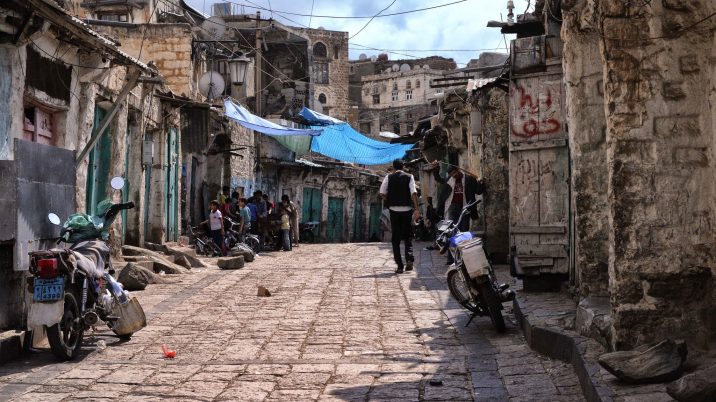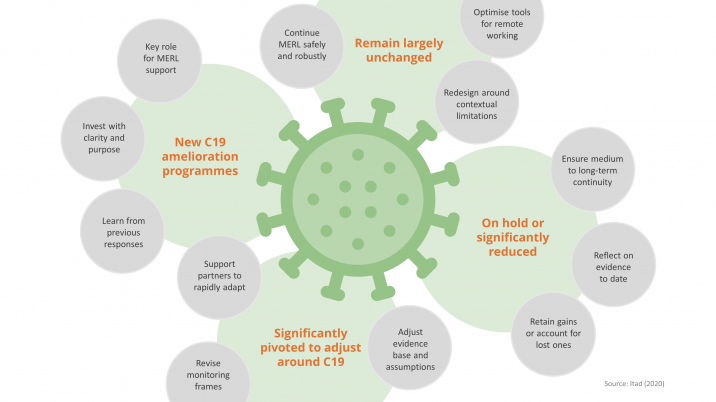Conflict, peace and security
The last decade has seen a sharp rise in violence and armed conflict. As the nature of conflict becomes more complex and internationalised, the impact it has on the lives, security and prosperity of people across the globe increases.
Tackling the underlying causes of conflict and fragility is one of the most intractable problems of our age. As the nature and effects of conflict and instability become increasingly intertwined with other global challenges such as climate change, migration and terrorism, the demand for evidence about what works in tackling these complex, interconnected issues is greater than ever.
Our monitoring, evaluation and learning services help our partners make evidence-informed decisions that make a difference to the lives of people experiencing the effects of conflict and instability worldwide.

Provision of MERL Services for CSSF South Asia (2020 – 2022)
The UK’s Conflict Stability and Security Fund (CSSF) is designed to provide strategic UK investments that combine a...

MEL Partner for CSSF Eastern Africa (2015-2021)
The Conflict, Stability and Security Fund (CSSF) supports the UK Government’s work in addressing conflict and fragility...

MEL unit for CSSF Middle East
The Conflict Stability and Security Fund (CSSF) in the Middle East operates in one of the most complicated conflict-affected...

Tackling the humanitarian and development impact of landmines
Supporting the UK Global Mine Action programme to take an evidence-based approach to addressing the impact of explosive...
Publications

Adaptive Programming in Fragile, Conflict and Violence-Affected Settings. What Works and Under What Conditions? The Case of Institutions for Inclusive Development, Tanzania
Adaptive Management involves a dynamic interaction between three elements: delivery, programming and governance. This case...

A4EA: The Case for an Adaptive Approach to Empowerment and Accountability Programming in Fragile Settings
This A4EA paper brings together three case studies of large Department for International Development (DFID) governance...

Adaptive Programming in Fragile, Conflict and Violence-Affected Settings – What works and under what conditions? The Case of PERL, Nigeria
This case study focuses on PERL (Partnership to Engage, Reform and Learn) in Nigeria and draws on a conceptual framework (the...

Adaptive Programming in Fragile, Conflict and Violence-Affected Settings – What works and under what conditions? The Case of Pyoe Pin, Myanmar
This paper examines adaptive approaches in aid programming in a fragile, conflict and violence-affected setting (FCVAS),...
Blogs and news

Balancing the UK’s development objectives and national interest: Three lessons for the FCO/DFID merger
There has been wide-ranging debate over the last weeks about the UK Government announcement to merge DFID and FCO into the new...

Measuring political access and influence in fragile and conflict-affected settings
Understanding political context and the influence of political interests is critical in delivering national and development...

Conflict and coronavirus: What the pandemic means in fragile settings
While all of us at Itad grapple with the impacts of COVID-19 on the countries where we work, for those of us working on...

Continuing results in development:
the importance of evidence during COVID-19
The COVID-19 (C19) pandemic has had profound effects on lives around the world and will continue to do so for years, if not...

